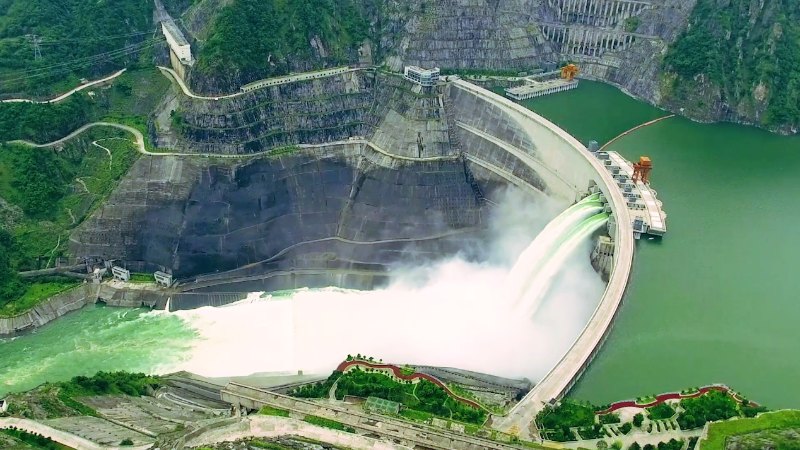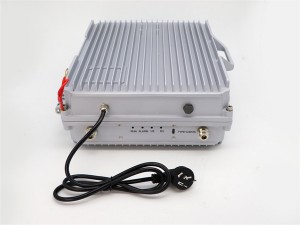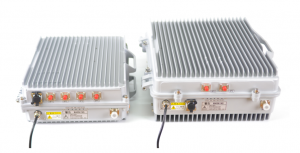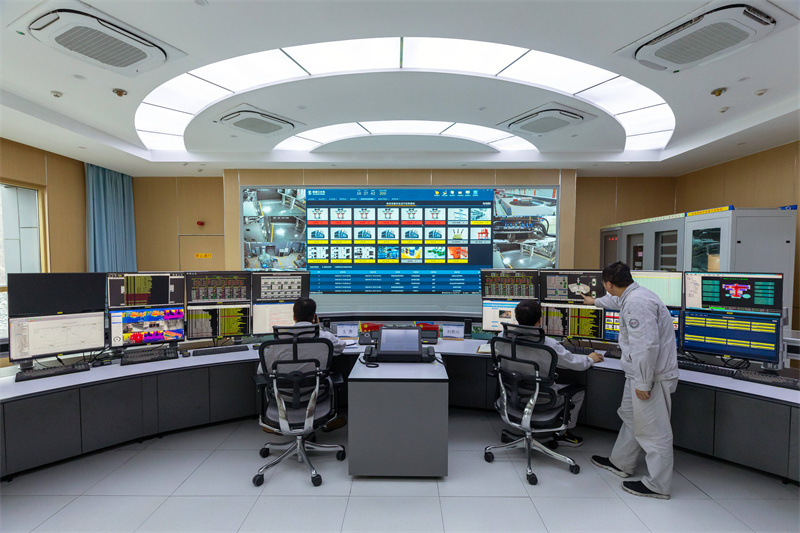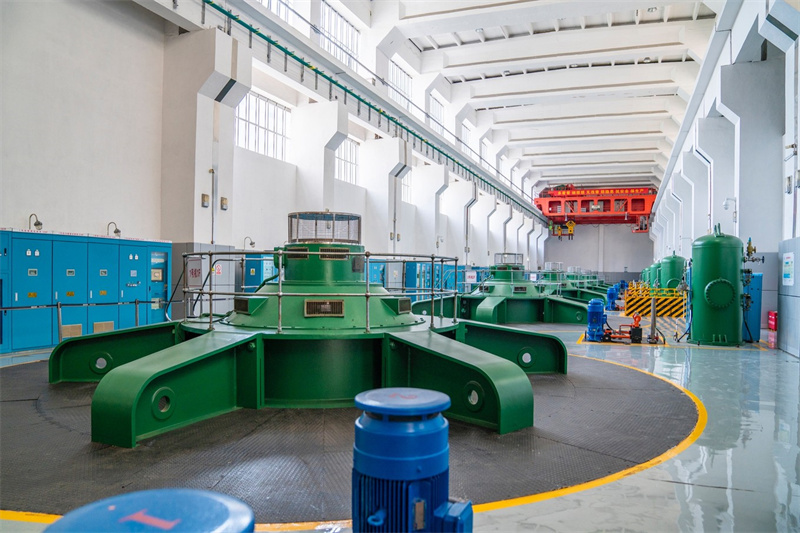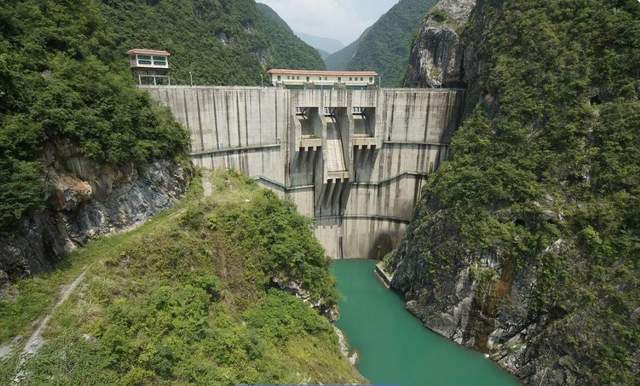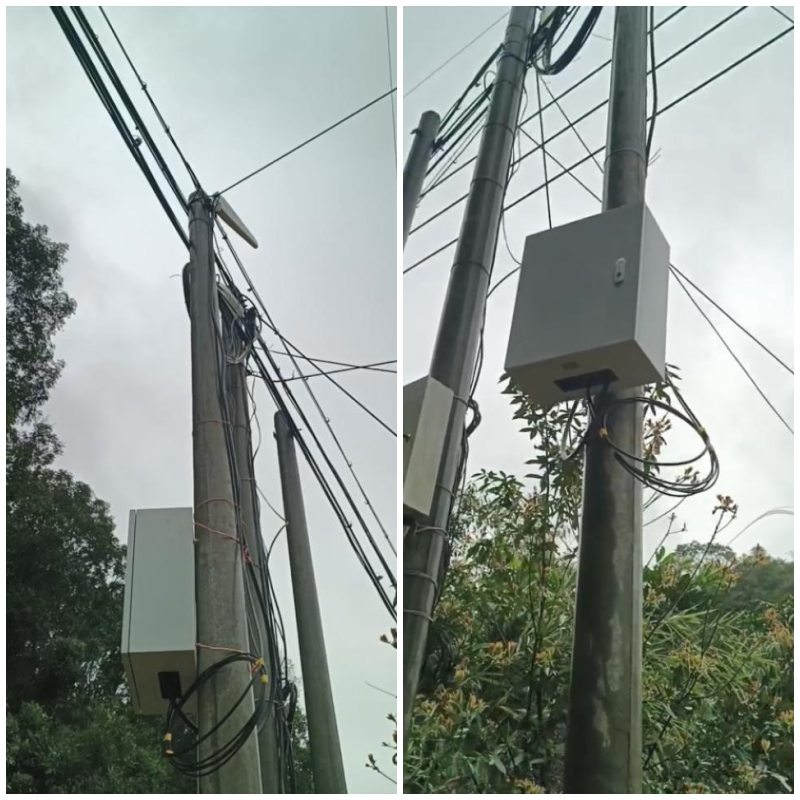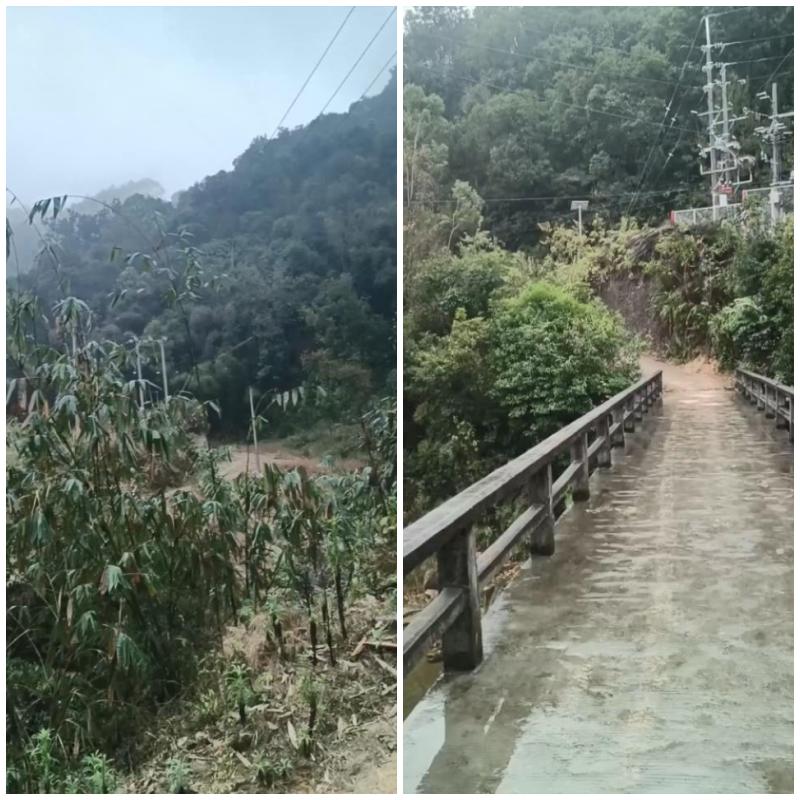1. Communication Challenges in Hydroelectric Power Stations: When Modern Infrastructure Meets “Information Islands”
Typically, hydroelectric power stations are built in areas with significant elevation differences along rivers, as these locations offer abundant water potential resources. However, this also means that hydroelectric plants are often situated in mountainous or remote areas, where mobile signal coverage is limited.
Signal coverage is essential for maintenance staff at hydroelectric facilities, and sometimes, even during the construction phase of the power station, cellular signal coverage work is required.
In some cases, after a hydroelectric station is completed, the thick concrete and steel structures inside the plant severely block mobile signals. The walls of power plant buildings are generally over 0.8 meters thick, and key areas like the main transformer rooms experience significant electromagnetic shielding effects. This creates major obstacles for staff working in the station, which is why signal coverage solutions are often installed inside the plant.
At Lintratek, we have undertaken many signal coverage projects for hydroelectric power stations across China. For such infrastructure projects, the digital fiber optic repeater is often the preferred choice due to its long transmission distances, minimal signal attenuation, and 5G capabilities.
2. The Technological Advantages of Fiber Optic Repeaters
Compared to traditional commercial mobile signal boosters, fiber optic repeaters offer unique advantages in the hydroelectric power station context:
|
Capability |
Traditional Commercial Mobile Signal Booster |
Fiber Optic Repeater |
| Transmission Distance | ≤200 meters (line-of-sight) | ≤5 kilometers (mountain crossing) |
| Signal Attenuation | 20-30m feeder lines: attenuation of half the signal strength | Fiber optic loss is only 1dB/km |
| Interference Resistance | Susceptible to electromagnetic interference | Immune to electromagnetic interference |
| Compatibility | Typically supports 2G/3G/4G | Supports 4G/5G/IoT networks simultaneously |
| Deployment Flexibility | Limited coverage area, suitable for small power stations | Works with DAS system for full coverage, ideal for medium and large power stations |
KW40B Commercial Mobile Signal Booster
The table above illustrates the differences between commercial mobile signal boosters and fiber optic repeaters. Recently, Lintratek introduced the first digital fiber optic repeater. Compared to traditional analog systems, this new digital solution offers up to 8km of effective transmission distance, with fiber losses reduced to just 0.5dB/km, enabling millisecond-level data return. This significantly enhances the management efficiency of hydroelectric stations in their digital modernization efforts.
5G Digital Fiber Optic Repeater
3. Lintratek’s Practical Experience: Solving Industry Challenges
Through our experience with multiple hydroelectric power station coverage projects, Lintratek’s fiber optic repeaters provide a triple-layer protection system:
Protection Level Technical Solution Addressed Issues
|
Protection Level |
Technical Solution |
Addressed Issues |
| Environmental Adaptability | IP66 waterproof + working temperature: -40°C to 50°C | Resists high humidity, temperature fluctuations, and dust |
| Power Supply | Near-end machine with photovoltaic storage and power system | Addresses power shortages in mountainous regions |
| Efficient Operation | Integrated into the power station’s unified maintenance system | Reduces maintenance costs for remote sites |
4. 5G Digital Fiber Optic Repeaters and DAS Systems: The Smart Nervous System of Hydroelectric Power Stations
In the energy-intensive environment of a hydroelectric power station, digital transformation has shifted from being an optional upgrade to an essential one.
The 5G digital fiber optic repeater is not just a signal extension tool, but also a critical infrastructure element for hydropower stations aiming for “minimal human oversight and intelligent early warning” systems.
Choosing equipment with industrial-grade private network capabilities is a key step in the digital transformation of the hydroelectric industry. You can read the
Control Center of Hydroelectric Plant
Security, Control and Data Integration
-Sensors transmitting real-time data (vibration, temperature, pressure)
-Independent 5G frequency bands isolate public network interference
-Local data processing with latency < 10ms
-Seamless integration with hydroelectric SCADA systems
Inside of Hydroelectric Plant
Typical Outcomes
-Fault detection speed increased by 5x
-Manual inspection workload reduced by 60%
-Emergency response efficiency improved by 80%
Case Study
Lintratek deployed a 5G digital fiber optic repeater and DAS system in a hydroelectric power station:
-The near-end unit and outdoor antenna were deployed on power poles.
-Digital fiber optic cables ran alongside the power lines to reduce deployment costs.
-Indoor DAS antennas were also installed.
Outdoor Antenna & Fiber Optic Repeater
Feeder Line Direction
Conclusion
In the unique environment of a hydroelectric power station, communication coverage has evolved from a basic facility to a crucial component for safety and productivity. Lintratek’s innovative fiber optic repeater solutions are helping remote hydroelectric stations break free from information isolation and build a connected pathway for the intelligent era.
Post time: Feb-15-2025








